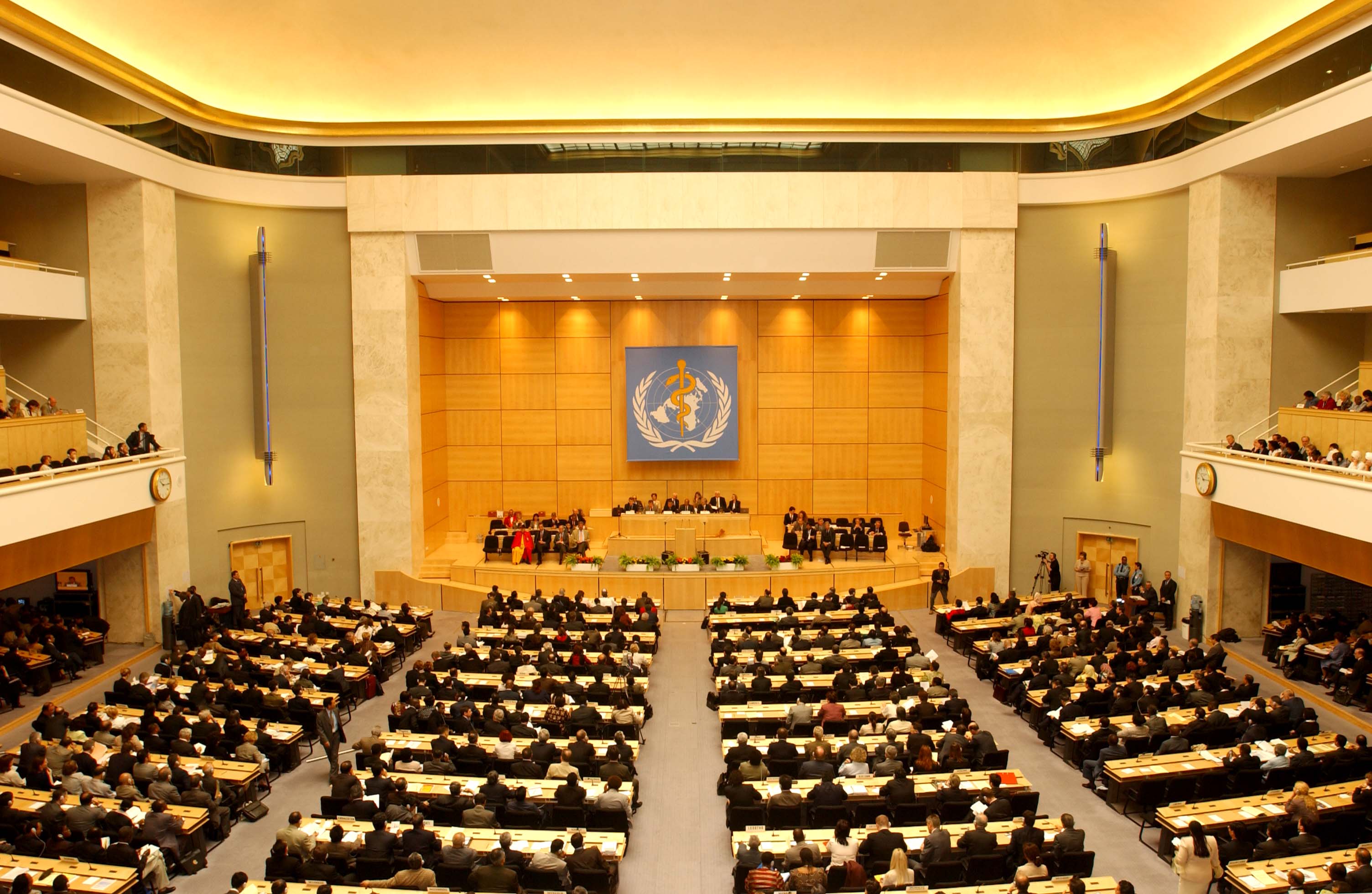Globalization has not only impacted on the nature of emerging global health but the policy responses to these challenges. This module critically examines the transnational institutions and actors involved in global health policy and the interplay between them. The governance of global health issues has traditionally been carried out by various United Nations agencies (namely, the World Health Organisation), but given the transboundary nature of many global health issues (e.g., AIDS, SARS), a diverse range of actors, including the private sector, civil society organizations and national governments, are now integrally involved. The funding of global health programmes and policies, for example, has shifted from primarily bi-/multilateral donors to include private and public sectors and philanthropists. Alongside these changes 'Global Health Initiatives' (e.g. GFATM: Global Fund to fight AIDS, Tuberculosis and Malaria) have been developed and implemented to unify these diverse actors and funding streams. The module will use a number of case studies to examine the organisation and role of global health institutions, the challenges and opportunities presented by these governance arrangements, and their (intended and unintended) impacts on global health policy and practice. In doing so, the module will draw on contributions from a range of social sciences including sociology, political science and health services research.

HP404 Global Health Policy: Institutions, Actors and Politics
Globalization has not only impacted on the nature of emerging global health but the policy responses to these challenges. This module critically examines the transnational institutions and actors i...